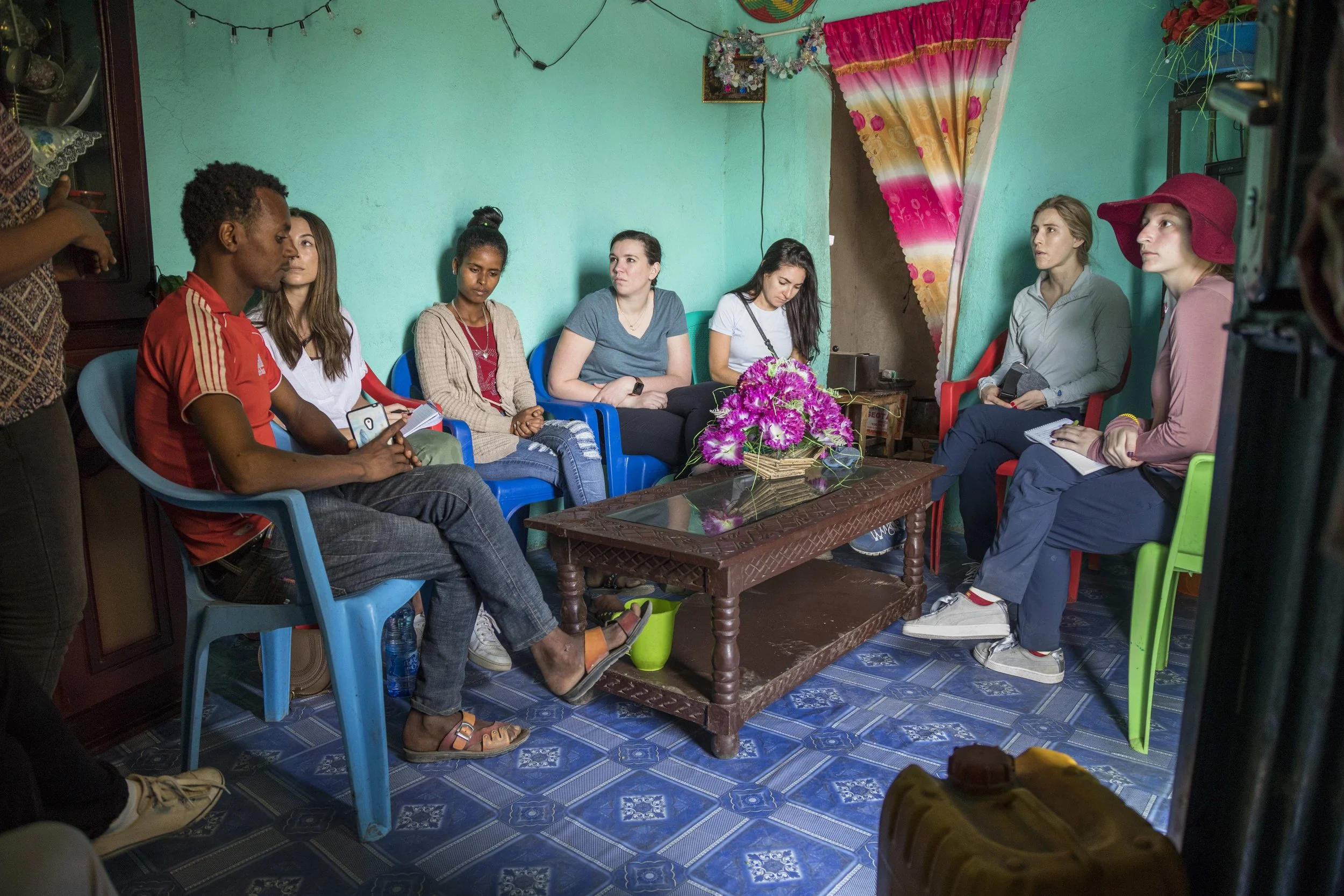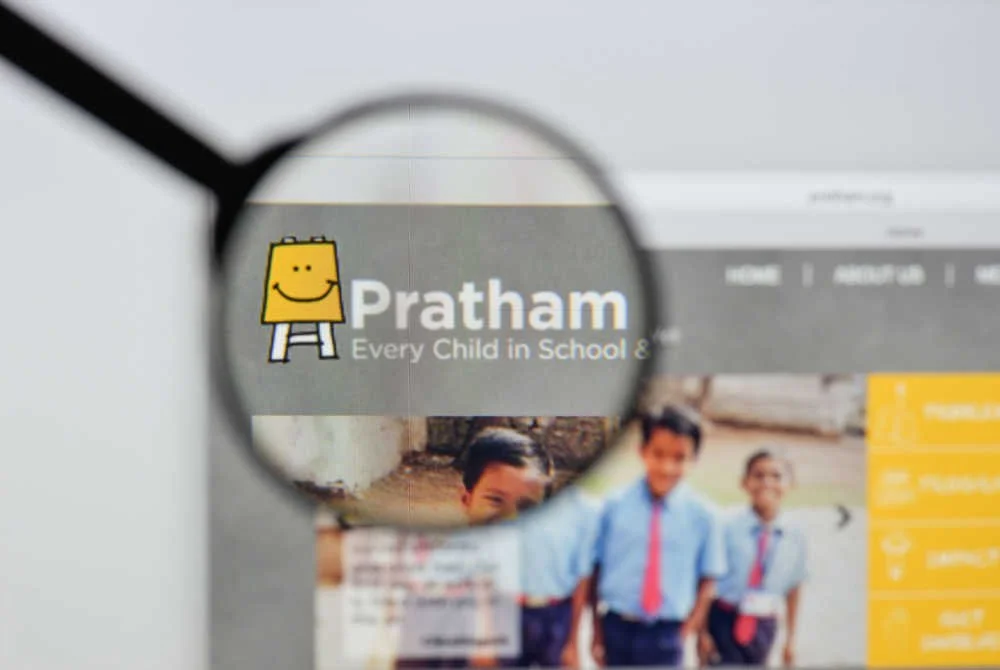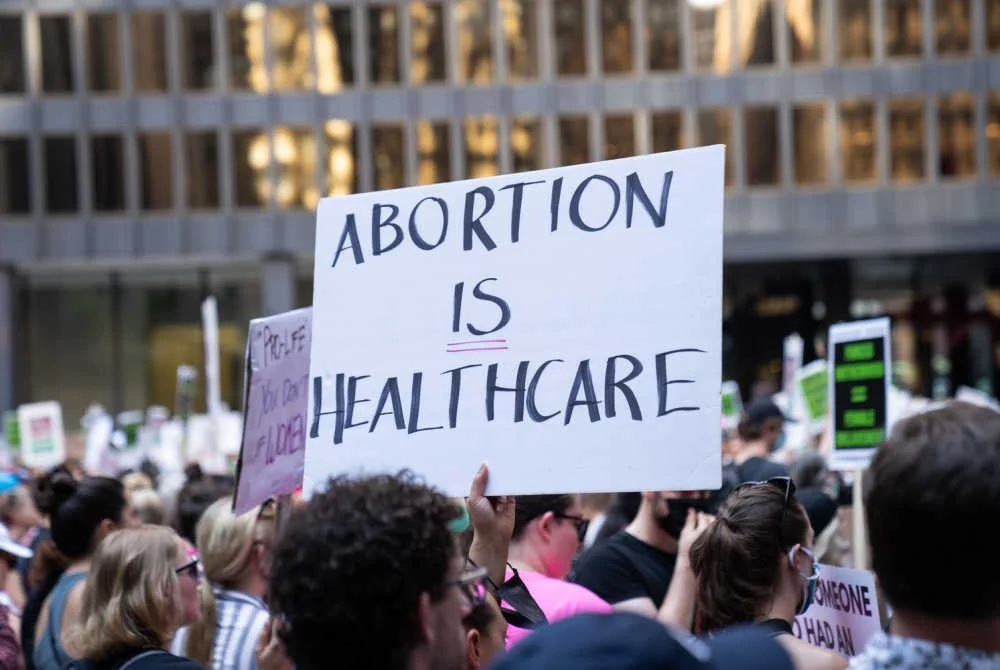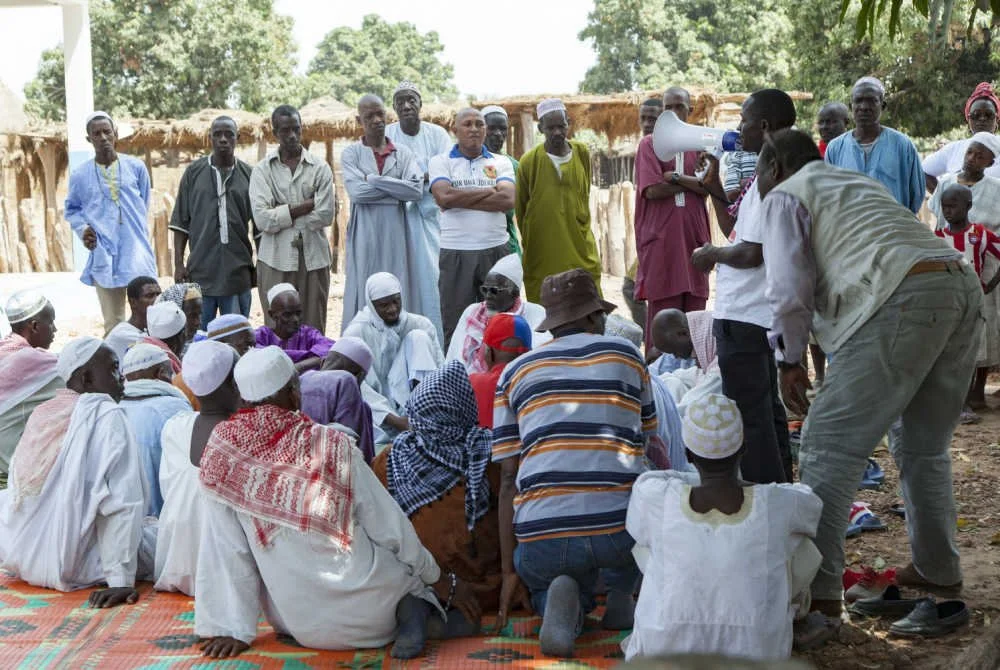Plugging the Gap: What Are Funders Doing to Respond to the Global Gag Rule?
/a mother with her children in congo. photo: Valeriya Anufriyeva/shutterstock
Since President Donald Trump reinstated and expanded the Global Gag Rule (GGR) early this year, advocates and funders who work on global health and development have been scrambling to respond. The new version of this anti-abortion maneuver not only puts U.S. family planning funding at risk but also jeopardizes an estimated $9.5 billion in U.S. global health aid.
In March 2017, nearly 60 nations along with private funders and philanthropists from around the world attended what is being widely described as a “hastily convened” one-day She Decides family planning conference in Brussels, Belgium. She Decides is a global family planning initiative launched by Dutch minister for Foreign Trade and Development Cooperation, Lilianne Ploumen, in response to the GGR reinstatement. The goal of the campaign is to fill the nearly $600 million funding gap that will likely be caused by the GGR.
One of the biggest donations came from Chris Hohn, managing partner and portfolio manager of the Children’s Investment Fund (TCI) a London-based hedge fund, and co-founder of the Children’s Investment Fund Foundation (CIFF). Hohn donated $10 million to She Decides to promote and support family planning services and support the sexual and reproductive health rights of women and girls around the world. CIFF is managing the donation and allocating funds to organizations affected by GGR.
The countries of Sweden, Canada and Finland each pledged $21 million. Other countries pledging $10 million each include Belgium, Denmark, Norway and the Netherlands. Unsurprisingly, the Bill and Melinda Gates Foundation is providing $20 million in funding.
Maybe most intriguing is that an anonymous U.S. donor committed $50 million to this cause. Who might that donor be? Our best guess would be the Susan Thompson Buffett Foundation, which is a huge player in this space, but one that likes to stay out of the spotlight. The funds could even come from Warren Buffett himself, who cares about family planning more than any other issue. Buffett rarely plays a hands-on role in philanthropy beyond dispatching annual installments of Berkshire Hathaway stock to the Gates Foundation and the four Buffett family foundations. But these are unusual times and the stakes are high.
Of course, plenty of other U.S. billionaires could easily have stepped forward with that $50 million pledge. Earlier this year, when Jeff Bezos issued a public call for ideas about where to focus his philanthropy —saying he was looking to meet near-term needs in ways that could produce long-term gains—we suggested he give immediately for global family planning. Such funding can save lives right now while also empowering women and lessening demographic pressures.
Meanwhile, it's important to mention the stepped-up reproductive health funding from some key legacy foundations in this space, including the Hewlett and Packard Foundations. Neither of these funders are prone to public statements that may seem political, but behind the scenes, both have reportedly moved around grant funds to respond to the threats that the Trump administration poses to their priorities. This summer, Hewlett made its biggest grant ever to Ipas, which works to improve the availability of safe abortion and contraceptive services in developing countries through training and advocacy. It also made its biggest grant ever to Marie Stopes International-U.S., which provides reproductive health services to women and men in the Sahel region of Africa. And it made its biggest grant ever to the International Women’s Health Coalition, for $1.5 million, explaining that part of the goal of the grant was "to mitigate the effects of the reinstated Mexico City Policy."
The She Decides conference resulted in nearly $200 million in commitments to support global family planning efforts, and by July, it raised a total of $300 million.
In perhaps even better news, the policy pushback within the United States shows signs of gaining steam. Last month, the Senate appropriations committee unanimously approved a foreign aid bill that included amendments to repeal GGR. While it’s expected that the proposed repeal will face strong opposition in the House, it’s (finally) a positive sign.
Senator Jeanne Shaheen, who added the amendment to the bill, stated, “My amendment will preserve and restore funding levels for international organizations that help to prevent over 50 million unintended pregnancies around the world, and reduce the number of maternal deaths we see from those accessing unsafe abortions when the lack of family planning leaves them without options.”
Bill and Melinda Gates are among the highest-profile voices making the case against the GGR. Their foundation has also made a broader case for the importance of global health funding. In a recent report called “Goalkeepers: The Stories Behind the Data,” the foundation and the Institute for Health Metrics and Evaluation at the University of Washington estimated how various levels of aid spending would translate into lives saved or lost. The analysis shows, for example, that a 10 percent cut to U.S. HIV funding would result in 5 million more deaths by 2030.
Along the way, the Gateses have made clear that even the deepest-pocketed funders can't close the financing gaps that could open because of the GGR and budget cutbacks proposed by the Trump administration. Back in February, Bill Gates said in an interview about GGR, “Government aid can’t be replaced by philanthropy. This expansion of this policy, depending on how it’s implemented, could create a void that even a foundation like ours can’t fill.”
That's true. But this is definitely a moment when private philanthropy can make a critical difference in the lives of poor women around the world. While some funders are stepping forward, there's plenty of room for more to join this effort.
Related: Gag Reflex: Melinda Gates Isn’t the Only Funder Worried About the Mexico City Policy







































